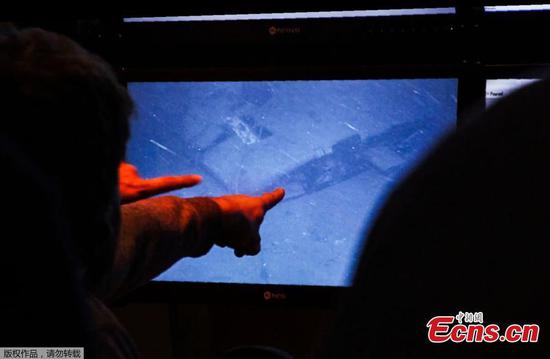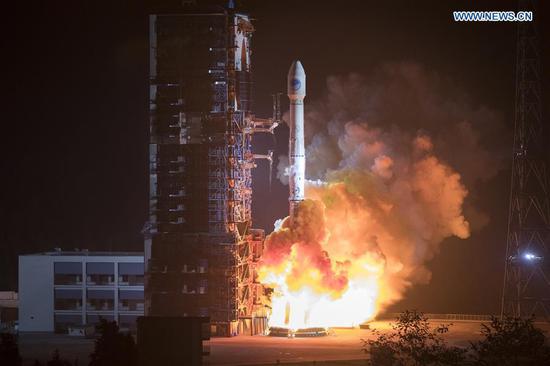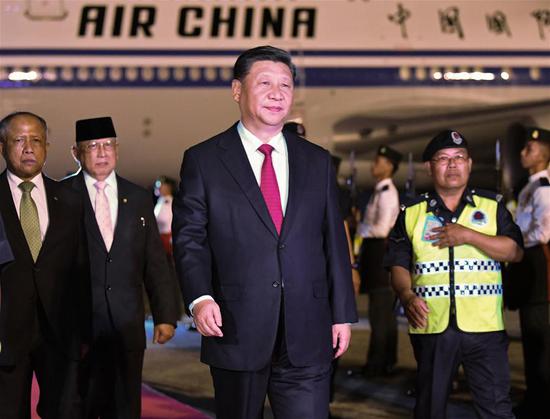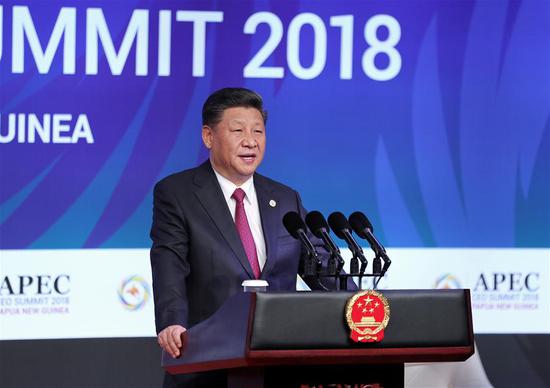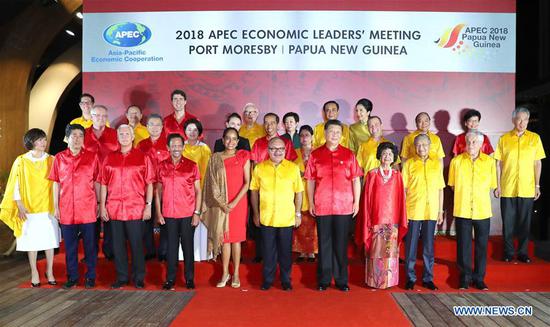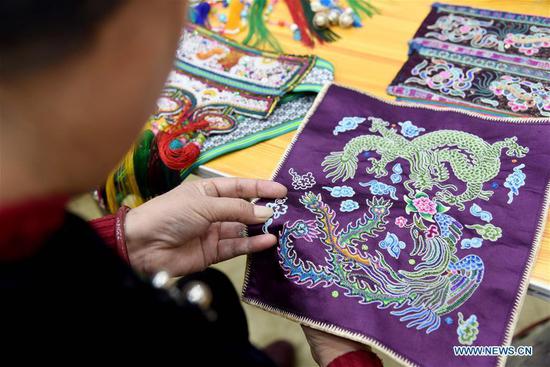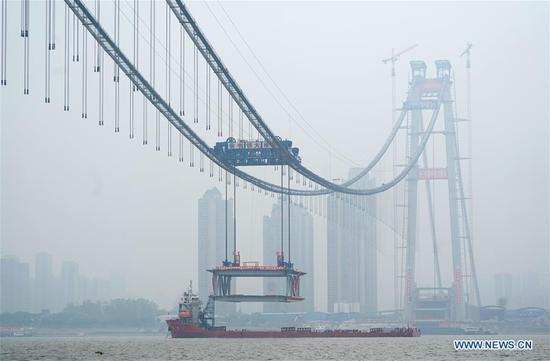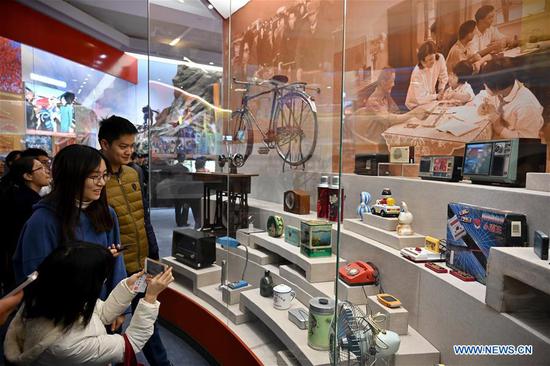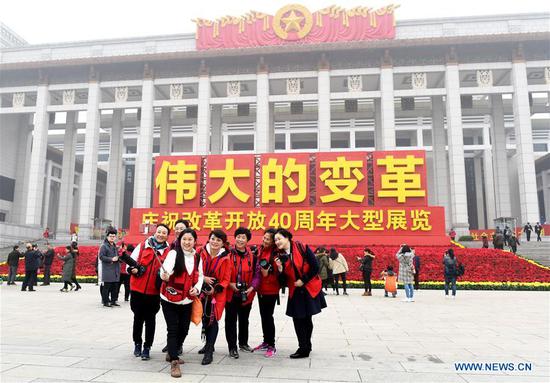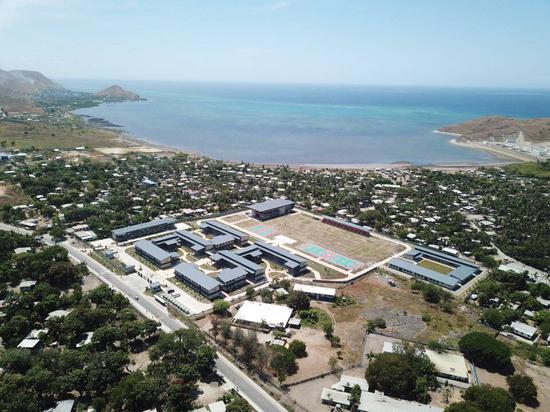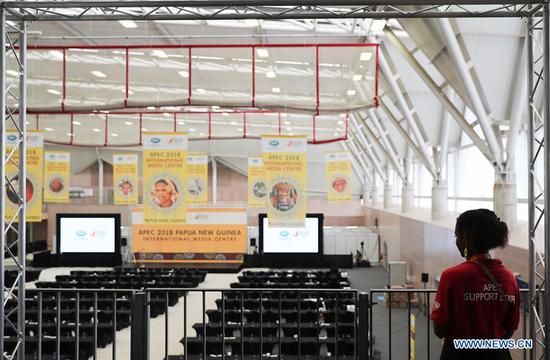E-commerce development
A national cross-border e-commerce demonstration park has been established in the free trade zone's bonded area. It supports bonded imports, direct purchase imports and general exports and has become the biggest area for the development of e-commerce in Shanghai and has the most complete e-commerce business patterns.
Bonded repairing and financial leasing are two other highlights given priority to development in the free trade zone.
Not long ago, China's first free trade agreement preferential tariff application system (Smart FTAX) officially started operation in the free trade zone, providing enterprises one-stop inquiries and application solutions to preferential tariff treatment in free trade agreements.
The system was developed by the operation center of the Asia-Pacific Model E-Port Network to facilitate trade among 19 member states and regions, many of which are Belt and Road Initiative countries.
In addition, the international trade "one counter" system enables paperless operations in applications for import licenses and Customs clearance. With the help of the system, a paperless operation runs through the whole process from the application for import licenses to Customs clearance of more than 90 percent of non-electromechanical products.
At the same time, a nearly 70,000-square-meter international artwork bonded service center is expected to be in use this year in the Waigaoqiao bonded area.
The import and export of cultural services reached US$4.14 billion in Shanghai last year, which was top in the country.
The free trade zone is developing digital copyright and exchange rules based on blockchain technology.
Shanghai's digital exports reported an average increase of more than 30 percent between 2013 and 2017.
The free trade zone also uses big data technology for dynamic monitoring over key fields and emerging sectors and uploads the figures to the city's public credit information service platform for sharing.
It also works out Shanghai trade on a global competitiveness index to reflect the strength of the overall service sector.
Yearbooks on the development of digital trade, cruise ship tourism, techno trade, service outsourcing and trading software are published annually.
Trade in services in the Shanghai free trade zone reported US$56.6 billion last year, a year-on-year increase of 6.28 percent.










